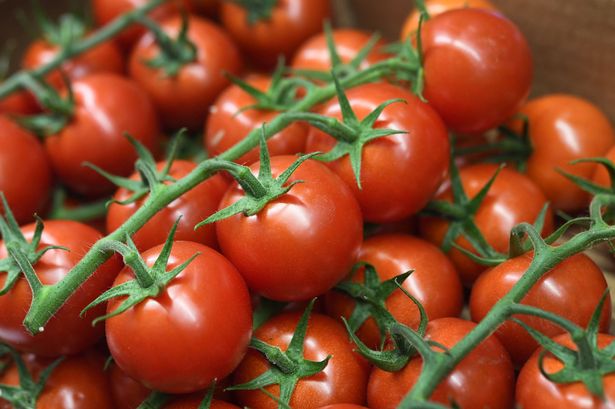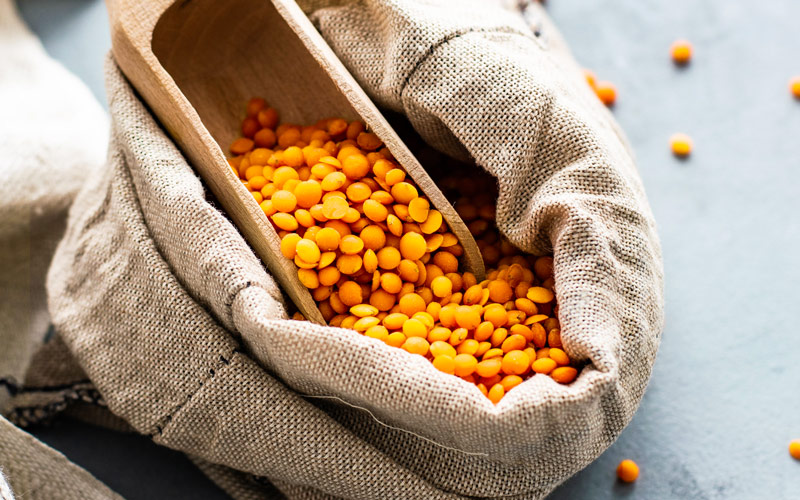What do salad shortages say about the UK food system?

Late winter in the UK and the surprises of modern life just keep coming as we approach the third anniversary of then Prime Minister, Boris Johnson, deciding to lock the country down. Indeed, a little over a year ago we all watched in absolute horror as Vladimir Putin showed he was a liar by invading Ukraine. In 2023 the surprise is somewhat of a lesser magnitude to pandemics and war in Europe, but it does also involve a domestic food system that has been through the mill in recent years, fresh produce shortages.
So, shoppers across the UK, as winter comes to an end, have been faced with shortages of brassicas and salads. The root cause of the shortages, no pun intended, is cold weather that has hit North Africa, Morocco now being a supply origin of growing importance to the UK, and Almeria and Murcia in Spain. However, there is a bit more to the UK’s vulnerability than perhaps meets the eye.
The most obvious first point to make is that whilst British supermarkets have been rationing tomatoes and peppers, not least as some sandwich shops, cafes and restaurants sought to find supplies, most grocers in Continental Europe have not faced supply restrictions. The reason why is reasonably simple from an economic perspective, that is quite simply with wholesale prices rising, European supermarkets pay more for their produce than is the case in the UK. So, understandably, Dutch, and Spanish suppliers have followed the money.
Put another way, the intense competition of the UK market, where prices have been driven down for some years, most particularly as the German discount chains gained momentum after the Great Financial Crisis, and an unwillingness to test the market with demonstrably higher retail prices, means that the shelves are empty. Such a point comes back to an old chestnut of mine, one admittedly not easy to raise in a time of high essentials inflation when living standards are falling, but it is the reality that the UK shopper, if it wants safe, secure, and nutritious food produced in accordance with high standards of animal welfare and meeting the sustainability agenda, will have to pay a higher proportion of their disposable income to eat.
From a domestic food security perspective, this brings me to other matters of relevance that involve the UK Government in the current and wider food market. The pandemic was a first shot across the bows of the need to take food security seriously as part of key national strategic priorities. Whilst no one in the UK starved through the pandemic, food exporting countries naturally prioritised their own interests when the pandemic struck. A bigger challenge emerged, however, when the Ukraine War hit, with energy and soft commodity flows interrupted and correspondingly much higher prices, the impact of which are still flowing through the domestic retail system; Kantar in late February speaks to 17% UK food inflation adding c£800 per annum to household bills.
What did the UK Government department with responsibility for agriculture, food, and the environment (‘DEFRA’) do in the face of such challenges? Absolutely nothing. In fact, through crazy labour process policies, the UK Government has actually exacerbated the operating cost base of the food industry by restricting access to pickers, butchers, and drivers when the local workforce will not step up.
With elevated domestic energy costs DEFRA officials enjoyed their Christmas lunches, no doubt in the place where they undertake most of their work, that would be home, with gay abandon as growers mothballed their British guesthouses in the face of high energy costs and labour shortages. So, when it became clear that crops were lacking in North Africa and Spain, not only was the UK short due to low relative pricing, but domestic supplies would be late at best too.
DEFRA sought to encourage folks to switch to turnips, laughably, until the UK’s largest supplier of the crop informed the Minister that he also did not plant as much due to a lack of workers. A British Whitehall farce involving a department not fit for purpose, which has lost the dressing room.
What to do? Well, we need a UK Government that takes food security and the food and farming industries seriously, and with respect. Strategies need to consider bolstering food security, including opportunities to increase import substitution (never mind export opportunities). Steps need to be taken that have a realistic view of the industry’s labour needs, not wants, whilst there is also a need to think strategically about energy and trading costs too; the Windsor Agreement is a modicum of good news in this respect.
More broadly, Government needs to be alive to the need for the farming and food sector to be financially viable, to consider the virtue, nature, and extent of below cost selling, whilst bringing food into the education and health industries around its true worth. In this respect, public procurement is important, and needs to be reflected upon by Government as well.
Market forces will, of course, remain pertinent to the domestic food system, but through time, with value added in the broadest context, from kindness to animals, improving the countryside, to security and safety, we all need to take on board the question, do we pay enough for our food and how we transparently meet the appropriate price.
A big question where all stakeholders need to engage. A capable and competent Government needs to be central to this process. Sadly, DEFRA in England is not fit for purpose. It is time for change.
Dr Clive Black
Senior Advisor
Coriolis Consulting
March 2023








